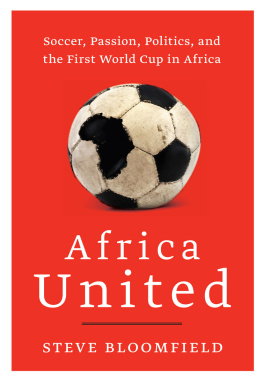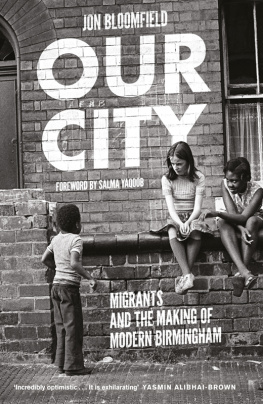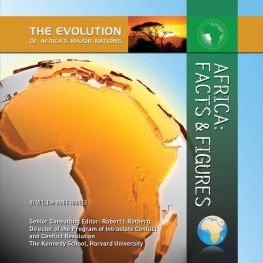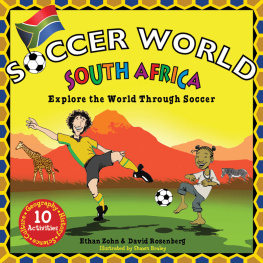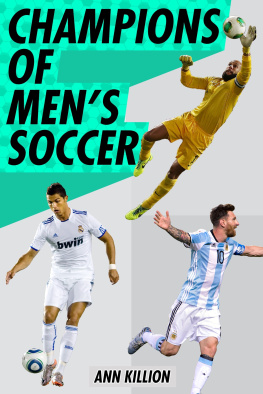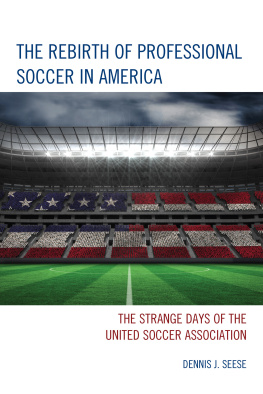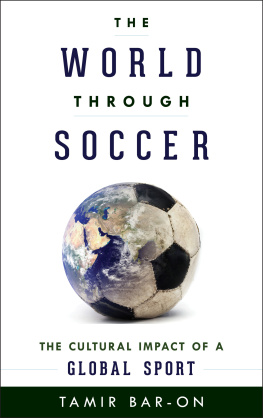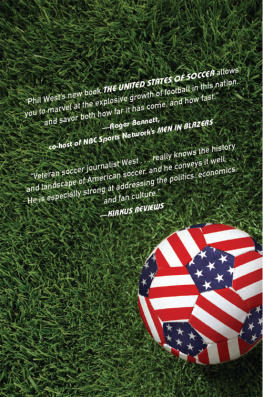The bus trundled through the desert, rattling over bumps that threw passengers off their seats. It was crowded and noisy, with more than forty people crammed into a vehicle made for half that number. I sat on the floor, near the back, an old woman with a small child on her lap to my right, a market trader with piles of brightly colored materialdeep blues and rich redsstacked on his lap to my left.
We had just left Kalma, a vast, overcrowded camp for more than 90,000 Darfur refugees. As the sun began to set, and the bus continued its hour-long journey back to the town of Nyala, I flicked through my notepad and tried to make sense of what I had just seen. A woman raped, a child thrown into a burning hut, a man shot in the back as he fled. Everyone had a story to tell, a horror to relive.
Even in the camps, with international aid agencies providing water and food, few felt safe. The Janjaweed roamed nearby, attacking those who ventured beyond the confines of the camp. The Sudanese authorities were similarly fearedtheir armed forces had attacked villages alongside the Janjaweed.
As I read, the bus slowed to a halt. Checkpoints along this road were common. Many of the camps like Kalma had become increasingly militarized by rebel groups, and buses like this were frequently searched. From my seat on the floor I could see little out of the windows. I stretched and could just make out the top of a mans head outside and a pair of darting eyes peering in. Everyone on the bus turned to see what he was looking at. It was me.
The man outside was from Sudans national security agency. He forced his way onto the bus and demanded to see my papers. My passport was handed from passenger to passenger until it reached the front of the bus. Then a copy of my travel permit. Then the original. Then he motioned to me to get off the bus.
I felt calm. I had the correct paperwork. It had taken endless weeks badgering the Sudanese embassy in Nairobi, countless days waiting in air-conditioned offices in Khartoum, and a few hours of drinking tea with local government officials in Nyala, but everything was in order.
My new friend didnt agree. He gestured to the bus driver and pushed me into a small hut. The bus pulled away. It was getting dark, I was in the middle of nowhere and now I was under arrest.
The hutmud walls and a tin roofcontained an old wooden desk, a white plastic chair and a tatty mattress. Two AK-47s were propped up against a wall. Three other members of the national security agency sat on the mattress. They passed my passport and papers around, each one reading every page, analyzing every stamp. I spoke little Arabic, and they spoke little English. The man who took me off the bus, a short, skinny guy with a sneer and sunglasses, knew one word, which he repeated again and again: problem.
No problem, I replied, again and again.
The minutes ticked by. Outside the hut the sun was rapidly setting. My cell phone had no network, so I took out my satellite phone, a hulking blue brick with a long antenna. If I was going to spend the night here, I wanted to let friends in Nyala know what was happening. The man with the sneer snatched the phone out of my hand. Problem! he shouted. Problem!
We werent getting anywhere. Two of the men on the mattress had started to doze, the third was gently singing to himself, while the Sneer kept going through the passport, one page at a time. It was hot and I was desperately thirsty. Eventually I started to drift off.
I woke with a start. There was a new presence in the hut, towering over me. More than six foot tall and almost as wide, he wore large gold-rimmed sunglasses. He looked far more important than the other men in the hut, so I stumbled to my feet. As I stood up he poked his finger in my chest. Problem, he said. No problem, I wearily replied. He didnt seem to agree. Problem. French.
No, not French, not French. British. Im British.
Suddenly everything changed.
British? he asked.
Yes, British.
David Beckham! he cried.
Sorry?
David Beckham. Friend of mine!
What?
David Beckham! Hes my friend!
Er, yeah, hes my friend too.
Michael Owen! My friend also!
Yes, Michael Owen is friends with me too. And Steven Gerrard. Were all friends.
Come, come, said Beckhams friend. He grabbed my arm and pulled me out of the hut. After a couple of minutes a car came into view. He flagged it down and started talking in quick-fire Arabic to the driver.
The only word I recognised was Beckham.
The driver beamed and ushered me into the passengers seat.
Say hello to Beckham! yelled my one-time captor, and we sped off back to Nyala.
Africa is a continent in flux. In the first decade of the twenty-first century Africa has been through more changes than at any time since waves of independence swept across the continent fifty years ago.
Africa has experienced record levels of economic growth, which has helped to create a small but increasingly influential middle class right across the continent. The arrival of cell phones has had a dramatic effect, providing new opportunities to small businesses and connecting even the most rural farmer to the wider world. The spread of cell phones has also revolutionized the finance industry, giving many people the choice of a wide range of innovative mobile banking services. Internet usage in countries like Nigeria, South Africa, Ghana and Kenya has changed the way young people interact as dramatically as it has in the West.
Africa has become increasingly urbanized, with young people drawn toward the big cities, where there is more chance of finding work. Family structures have also begun to change, with younger generations moving into apartments rather than building a house on the familys plot.
At the forefront of Africas most positive changes are what the economist George Ayittey has described as a generation of cheetahs determined to overtake the old guard of hippos. They are web designers and civil society leaders, musicians and architects.
But, at the end of the first decade, the hippos are still very much in charge. In those countries which have bothered to have elections that could be accurately described as democratic, the competing politicians all tend to be from the same generation of one-time liberation leaders.
While there may be new ways of thinking among younger generations, those in charge tend to stick rigidly to the economic models of the West. Encouraged by the International Monetary Fund, the World Bank and wealthy Western nations, African countries have followed a neoliberal economic growth model. At the 2007 Kenyan elections, the countrys president, Mwai Kibaki, was able to point to a steady 6 percent annual growth. But he remained unpopular because most people had not benefited. Kenyas capital, Nairobi, like a lot of other African cities, has become a series of contrasting enclaves for rich and poor. The rich live in gated communities of new apartment complexes, while the poor are crammed into overflowing slums. The dichotomy of the new Nairobi is summed up by the Westgate Center, a three-story mall selling plasma TV screens and soft furnishings. As Westgates customers, in their shiny 4x4s, line up to get in, small children knock on their windows, begging for loose change.
There is a growing middle class in between, made up of those who live in the smart new apartment complexes springing up in cities across the continent and who can afford an overseas holiday once a year. These middle-class professionals, university educated and comfortably well off, will likely have greater influence as the next decade evolves.

